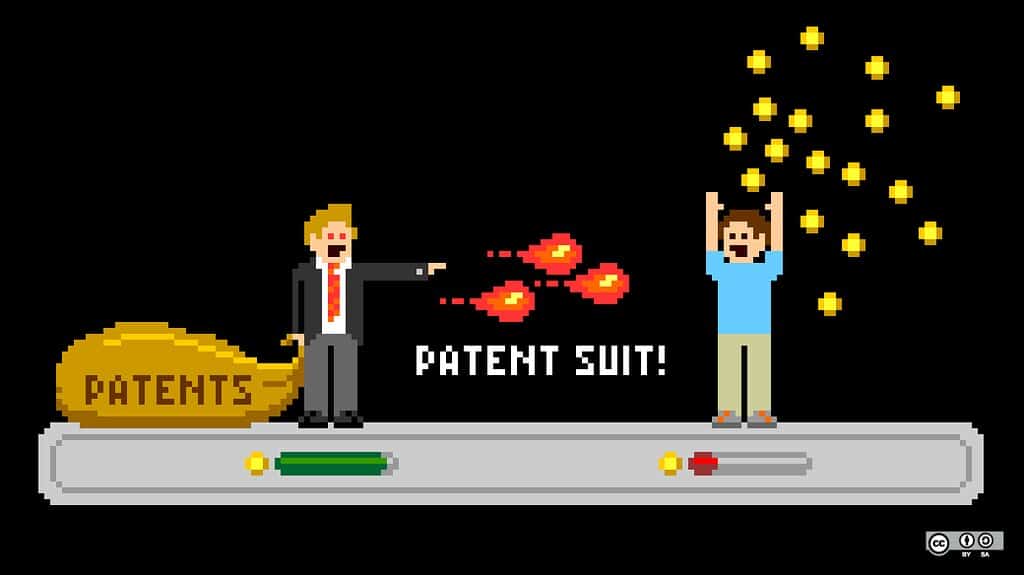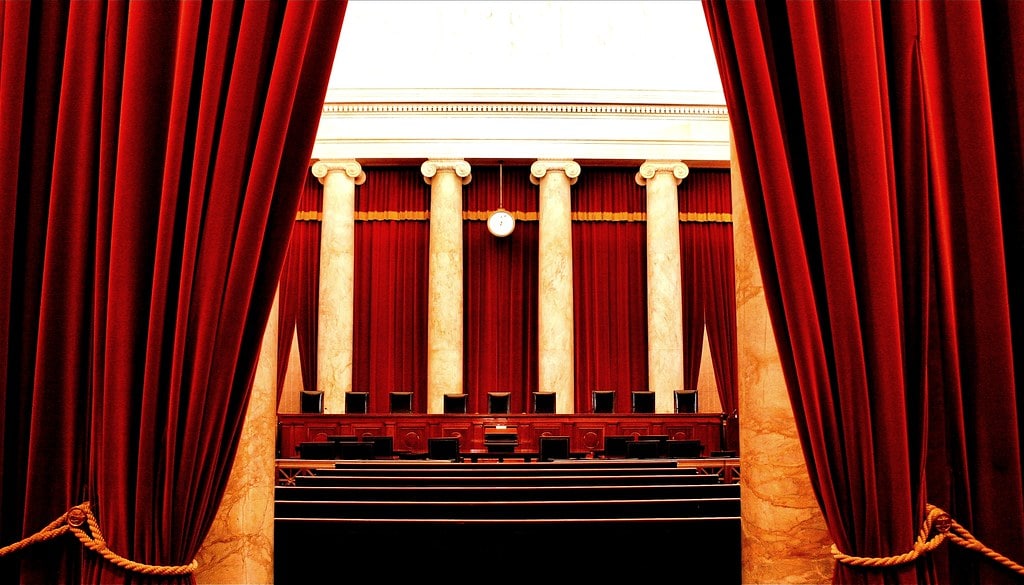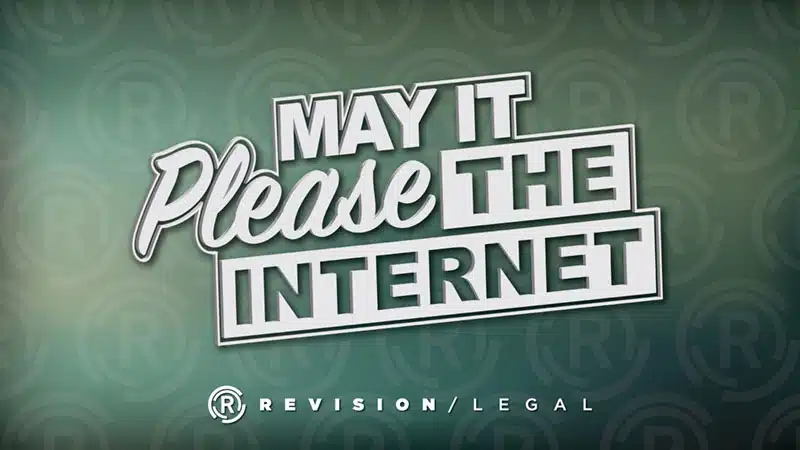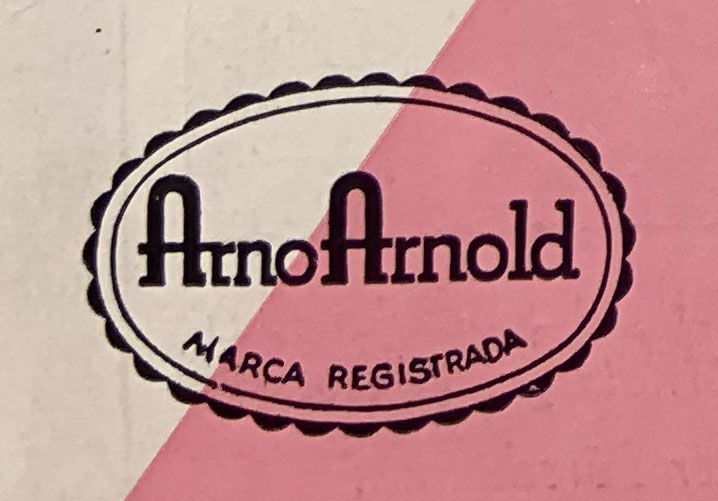
Patent Licensing: What are FRAND Terms?
Some inventors are fortunate enough to create a technology or device that becomes what is called a “standard essential” technology/device for an entire industry. Generally speaking, “standard essential” technology is that which is necessary to ensure compatibility between similar products made by different manufacturers. Consider a typical smartphone. A smartphone made by one company will […]
Read more about Patent Licensing: What are FRAND Terms?






